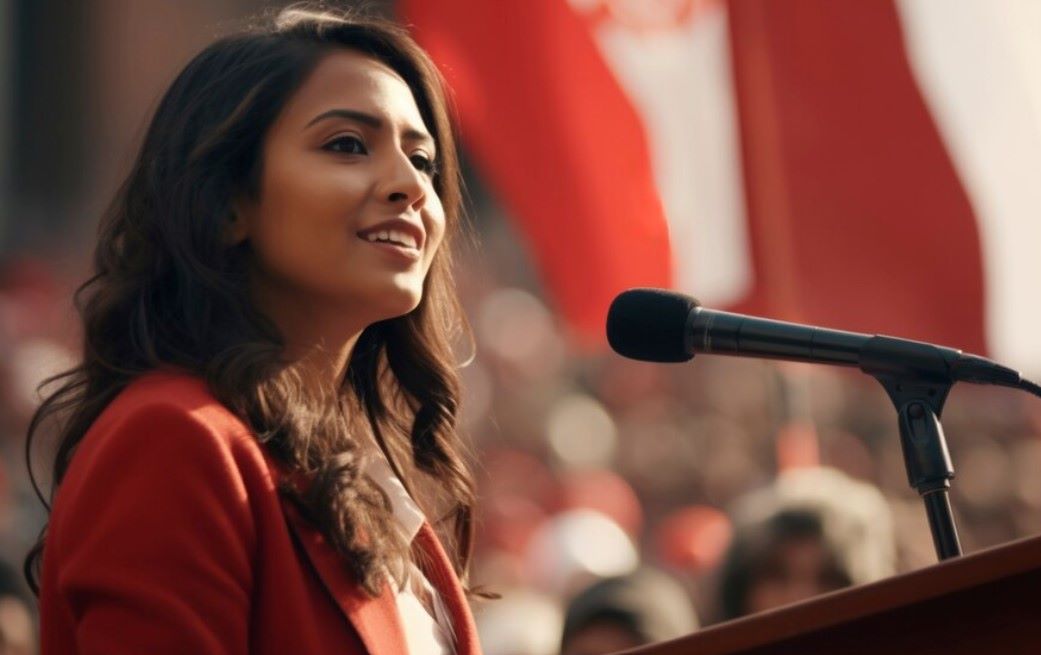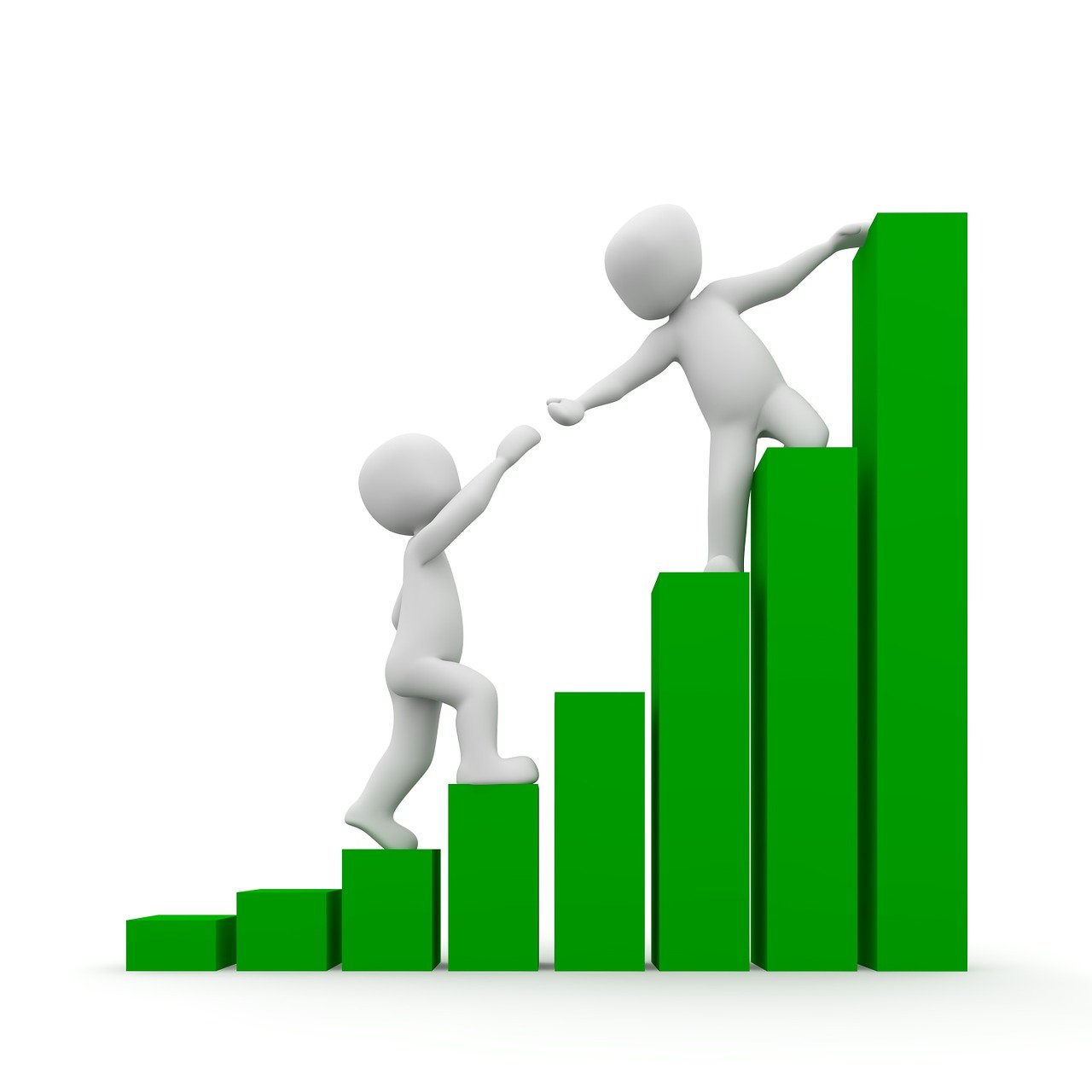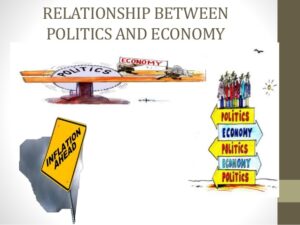
TV displays happen to be carrying on politics for years. Long before “The Crown” and “House of Cards” hit on the little screen, audiences got inside appears at presidential targets, White House senior staffers, along with the area of counterterrorism with displays such as “Yes, Minister” and “Tanner’88.” Have a look back at the very crucial political TV shows of all time that you enjoyed watching on your rent to own TV’s screen.
Yes, Minister (1980-82)
We begin our listing on the opposing side of this pond. This Traditional British series starred Paul Eddington because the ministry of this (literary ) Department of Administrative Affairs, together with Nigel Harthorne along with Derek Fowlds because both the two secretaries. The series inspired countless spinoffs and has been a favorite of Iron Lady Margaret Thatcher.
Tanner’88 (1988)
This ancient political mockumentary miniseries out of Garry Trudeau (“Doonesbury”) supplied a behind-the-scenes look in the literary campaign of former Michigan agent Jack Tanner because he sought to procure that the Democratic Party’s nomination for president. The show starred Michael Murphy in the title role, together with Cynthia Nixon because his daughter, Pamela Reed as his campaign director and Wendy Crewson because his own girlfriend. The series nabbed cameos from many real-life political characters of the age, such as Kitty Dukakis, Bob Dole, and Bruce Babbitt.
Murphy Brown (1988-98, 2018)
“Murphy Brown” starred Candice Bergen as a Renowned investigative journalist for a literary CBS newsmagazine. The series satirized present events, mixed fiction with fact, as well as got a denunciation from 1992 presidential candidate Dan Quayle, that criticized Bergen’s character with a child out of wedlock. The announcement become a significant effort controversy and obtained a televised response in the show’s personalities, although commentators have stated this storyline stage paved the way for prospective unmarried moms in”Ally McBeal,” “Desperate Housewives,” and “The fantastic Wife.” It is here that we must mention that the sitcom’s 2018 resurrection. The series dropped down to politics at the Trump age, however, it did not resonate with audiences including back in the afternoon. That is all we would like to say regarding the forgettable comeback.
Spin City (1996-02)
Michael J. Fox appeared as the deputy mayor of New York in this sitcom. The series also featured prospective “Friday Night Lights” and “Nashville” celebrity, Connie Britton, as a City Hall employee in her oldest large television function. After seasons watched Charlie Sheen as deputy mayor later Fox left the series for medical factors.
The West Wing (1999-2006)
This one set the bar for most political TV shows which arrived then. Aaron Sorkin’s famously idealistic series concerning the inner workings of the White House introduced Americans to “the man the man counts” as the series formerly said. Composed in Sorkin’s signature rapid-fire dialogue, the series starred Martin Sheen as President Josiah “Jed” Bartlet, together with Allison Janney, Rob Lowe, Richard Schiff, Dule Hill, Bradley Whitford, Janel Moloney, and the late John Spencer as senior White House staffers. Regarded among the most significant and most powerful television shows of all time, “The West Wing” got two Peabody Awards, three Golden Globe awards, and 26 Primetime Emmy Awards.
24 (2001-10)
Kiefer Sutherland surfaced as counter-terrorist agent Jack Bauer inside this series from Joel Surnow and Robert Cochran — that, in its summit, was recovered by everybody from Bill Clinton to Antonin Scalia. The series attracted heat from human rights advocates because of its portrayals of torture and Muslims, however TV critics heaped praise on its own behaving and one of a kind manner of narration (every 24-episode year covered 24 hours at Bauer’s lifetime ). The first “24” spawned several Fox spinoffs. From the end of its conduct in 2014, the “24” franchise exceeded “Mission: Impossible” and “The Avengers” to develop into the longest-running counterterrorism-themed TV series of all time.
The Cable (2002-08)
Widely considered as one of the best TV shows of all time, “The Cable” given a glimpse into different Baltimore associations and their connection with law enforcement. During its five phases, the series appeared in the illegal drug transaction, the seaport program, both the town authorities and bureaucracy, schools and education, as well as also the print news media. While the show received bad Nielsen ratings, it had been popularly known because of the realistic portrayal of politics, society, and urban lifestyle. President Barack Obama said, “The Wire” is his most favorite TV show, and “The Walking Dead” founder Robert Kirkman is also a significant lover — so much so he has hunted numerous”Cable” alums because of his show, such as Seth Gilliam, Chad Coleman, and Lawrence Gilliard Jr.
Parks and Recreation (2009-15)
This governmental mockumentary in Greg Daniels and Michael Schur attracted viewers to the little city of Pawnee, Indiana, in which Amy Poehler surfaced as the eternally positive Leslie Knopes, deputy manager of the Pawnee Parks and Recreation Department. Chris Pratt — currently among Hollywood’s most important celebrities — got his first start from the series, as did Aziz Ansari, that proceeded to make and star in the acclaimed Netflix series “Master of None.”
The Good Wife (2009-16)/The Good Fight (2017-present)
Julianne Margulies starred in this famous political and legal play, that critics have called “TV’s final great play” The series followed a stay-at-home mother who returned into the workforce as a litigator following her husband had been captured in a corruption and sex scandal. The series got five Emmy awards, even many foreign remakes, and acclaim for its portrayal of the connection between law and technology, causing some critics to call it”the tech-savvy series on TV.” “The fantastic Wife” birthed “The Good Fight,” which stars Christine Baranski and now is present on CBS All Access.
ALSO READ: Political Risks and Its Impact on the Economy
Borgen (2010-13)
This brand new political play became a global hit because of its depiction of their very first female Prime Minister of Denmark, performed with Sidse Babett Knudsen. Directed by the New York Times because of “bleaker, Nordic variant of the West Wing,'” the series was famous because of its creativity, powerful female figures, along with the depiction of politics.
Homeland (2011-present)
This spy thriller series from Showtime stars Claire Danes as a bipolar CIA representative. The initial two seasons earned worldwide praise, together with some 2011 Golden Globe and a 2012 Emmy for Best Actor, also President Barack Obama is an established fan of this series. Much like “24” earlier, “Homeland” has confronted a fair amount of controversy within its depictions of torture and U.S.-Middle East connections (Lebanon had been reported to have threatened to sue the series in 2011).
Scandal (2011-18)
For 124 events and seven seasons, that series from Shondaland attracted viewers to the area of emergency administration in Washington D.C. The series surfaced Kerry Washington as Olivia Pope — that became the very first African lead to a community play in almost four years when she had been cast from the series. The series is known for ushering in a new age of interactive TV, as a result of its cast’s custom of live-tweeting the series because it aired.
Veep (2012-19)
HBO’s excellent political satire — constituting the internal workings of the job of the president and after the president has seized six Emmy awards for top female Julia Louis-Dreyfus. “Veep” wrapped up before this season, and we are still only hoping to be OK with this.
House of Cards (2013-18)
Half a decade earlier Netflix dethroned HBO since the very nominated platform to its 2018 Emmys, the streaming service entered the scene and also became a household name as this hugely popular series surfaced. The series has made 33 Emmy nominations because of its portrayal of both Congressman Frank Underwood (Kevin Spacey) and his wife Claire Underwood (Robin Wright). Back in 2018, “House of Cards” confronted a possible death blow-off when Spacey has been accused of sexual misconduct. He had been fired by the series, and Wright took on the top place on the call sheet — and the nation — to get one last run.
The Americans (2013-18)
This critically acclaimed FX series starred Keri Russell and Matthew Rhys as KGB spies posing as a married couple in 1980s America. The series recently ended up after six months — and also in the duration of its conduct, Russell and Rhys turned into a real-life bunch and also tied the knot off-screen. Even though the series was mostly ignored by the Television Academy for the majority of its conduct, “The Americans” won Emmys for writing and Rhys within its final gasp.
Madam Secretary (2014-2019)
This political play from CBS celebrities Téa Leoni as a former CIA operative and political science scientist turned Secretary of State. It’s got critical acclaim — and also a few pointed questions regarding whether Leoni’s Elizabeth McCord is a stand-in to get Hillary Clinton.
The Crown (2016-present)
Could it be in the British royal household? Yes, of course. However, Peter Morgan’s Netflix show is really a dramatized retelling of historic minutes in Queen Elizabeth II’s years-long reign that influenced the whole world. That, and each the succulent occasions, betrayals, and scandals provide “The Crown” what it must go toe-to-toe using U.S. political TV collection.
The Handmaid’s Tale (2017-present)
According to Margaret Atwood’s bestselling book, this dystopian play received instant acclaim when it aired this past year, also became the very first show by a streaming agency to nab an Emmy for Outstanding Drama. The show portrays a futuristic America in which a totalitarian society issues rich women, known as “Handmaids,” into child-bearing servitude. Some critics have drawn parallels between the series and Donald Trump’s America.
The Politician (2019-present)
Ryan Murphy’s initial Netflix series celebrities Ben Platt as a young guy whose lifelong dream would be to become POTUS. Although the first two installations revolve around a few low-stakes attempts — Season 1 a race to turn into student-body president Season two a struggle to get a seat on the New York state senate — that the most “American Horror Story” mastermind employs the satire to produce severe comment about American politicians and their skewed priorities.
The Comey Principle (2020)
According to former FBI director James Comey’s memoir, “A Greater Loyalty,” Showtime’s two-part miniseries recognized the disorderly 2016 election — providing Hillary Clinton fans PTSD from the procedure — and the more mad beginning to the Trump presidency. Jeff Daniels surfaced as Comey, who had been fired by Trump weeks in his presidency, while Irish actor Brendan Gleeson donned the orange wig and makeup to depict that the 45th president. It’s noteworthy mainly because it depicts a sitting president really badly (and perhaps illegally) less than two months prior to his reelection bid.













